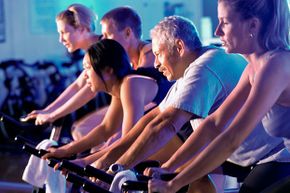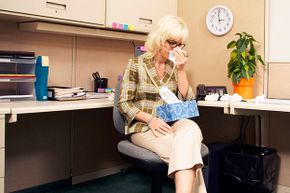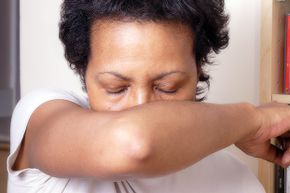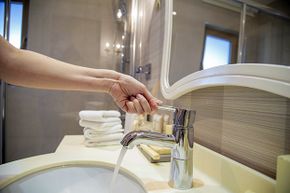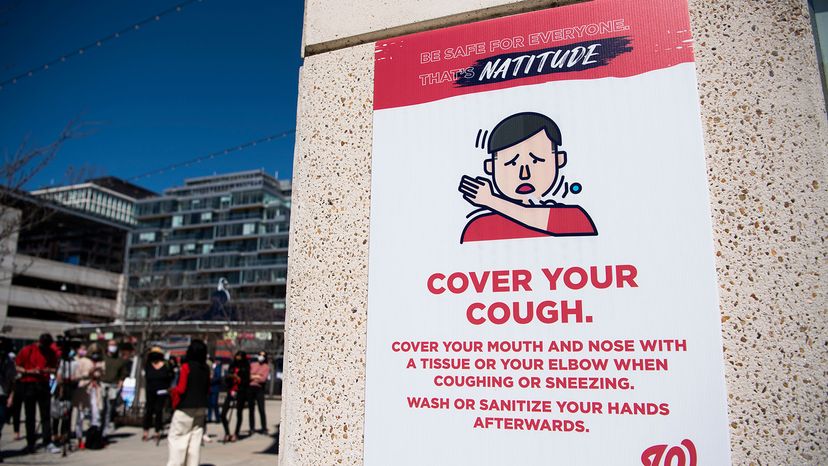
Etiquette: You know, those rules you must follow as a good, upstanding member of polite society. Some are kind gestures, like holding the door for someone or taking the time to write a thank-you note. Others are professional courtesies, like standing to introduce yourself or staying off your phone during meetings. There are even those you follow for no particular reason, like using silverware in the proper order.
And those are just a few examples. A quick internet search reveals lists of rules for all kinds of situations you could encounter with businesses, gyms, airports, email, funerals, golf games, internet comments — and the list goes on.
Advertisement
Aside from politeness, what's the point in keeping up with all these rules? It turns out that in addition to preventing society from spiraling into a never-ending series of awkward mishaps, many etiquette rules are actually good for your health. That's right — some refined behaviors can help you avoid illness or even live a longer and happier life. And we've become even more aware of this during the COVID-19 pandemic. So say "please," remove your hat and we'll let you in on our list of manner miracles.

